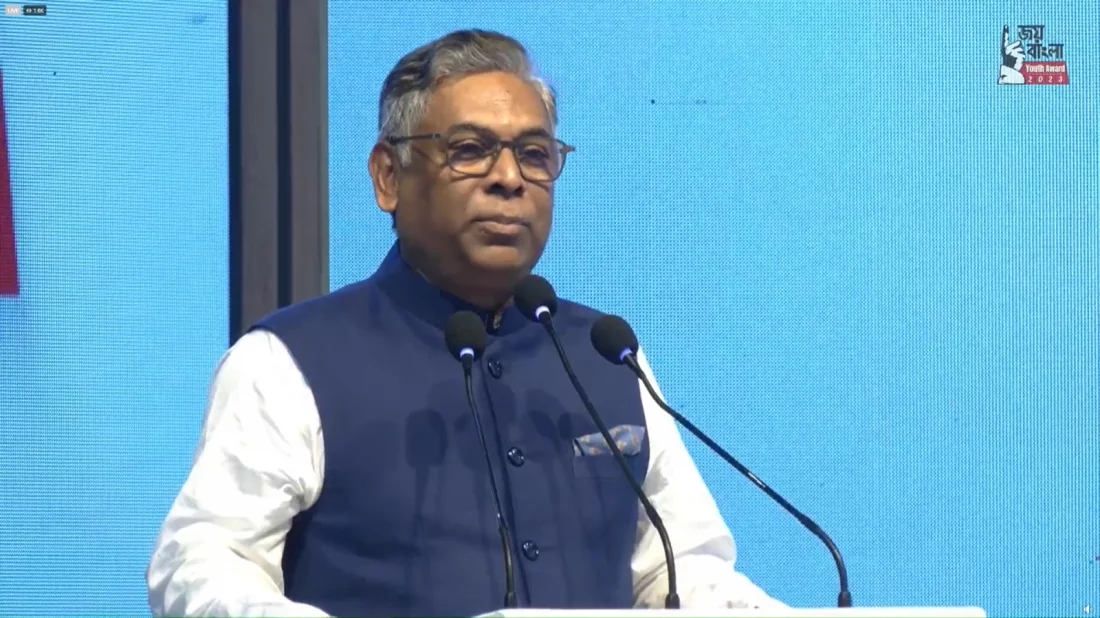The Anti-Corruption Commission (ACC) has filed three separate cases against Nasrul Hamid, former state minister for power, energy and mineral resources, and members of his family over alleged corruption, abuse of power and money laundering.
On Thursday, ACC Deputy Director (media) Akhter Hossain told Dhaka Tribune that the commission has initiated these cases on the basis of thorough investigations into the alleged illicit activities of Nasrul Hamid and his family, involving the concealment and illegal transfer of funds for personal enrichment.
According to the case statement, Nasrul Hamid, while serving as a senior government official, stands accused of using his position to amass assets worth Tk36.37 crore, which are inconsistent with his known sources of income.
The case alleges that he engaged in suspicious transactions involving his 98 bank accounts, with a total deposit of Tk31.82 crore and withdrawals amounting to Tk31.80 crore.
These activities are believed to have been conducted to conceal the illegal sources of the funds. He has been charged under the ACC Act, 2004 (Section 27(1)), the Money Laundering Prevention Act, 2012 (Sections 4(2) and 4(3)),and the Prevention of Corruption Act, 1947 (Section 5(2)).
In the second case, Nasrul Hamid’s son, Zarif Hamid, has been implicated along with his father in misusing power to illegally acquire assets worth Tk20.88 crore. The two are accused of suspicious transactions involving 13 bank accounts, with a total deposit of Tk78.41 lakh and withdrawals of Tk58.20 lakh. They have been charged under the same legal provisions for financial misconduct and concealment of illicit assets.
In the third case, Nasrul Hamid’s wife, Seema Hamid, along with Nasrul Hamid, is accused of acquiring assets worth Tk6.94 crore through illegal means, using Nasrul Hamid’s power for personal gain.
They are alleged to have conducted suspicious transactions across 20 bank accounts, with a total deposit of Tk1.28 crore and withdrawals of Tk1.11 crore.
This case also involves charges under the ACC Act, 2004 (Section 27(1)), the Money Laundering Prevention Act, 2012 (Sections 4(2) and 4(3)) and the Penal Code (Section 109).
Dhaka Tribune










